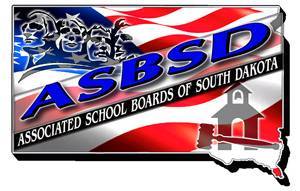Two bills aimed at adjusting school funding accountability cleared their committee hearings on Tuesday (2/20).
Senate Education committee members passed Senate Bill 213, which revises certain education funding provisions, on a 5-1 vote. The bill was initially introduced as a vehicle bill.
SB 213 would tie a teacher compensation increase for the next school year to their state aid increase.
If schools received no new state money for the next school year they would not be required to increase teacher compensation, essentially holding them harmless as it relates to accountability if no new money is provided by the state.
Sen. Troy Heinert, the bill’s prime sponsor, noted the current law “is vague” on accountability standards and the bill would “clarify” what schools must provide to teachers in order to meet accountability standards.
“This is more about the stop gap,” Sen. Heinert said. “This will help schools get an idea of where they (must) be.”
Sen. Al Solano said he supported the concept, but would like to see SB 213 amended to explain “accountability would still apply” if the state did not provide the statutorily required increase, which is set at three percent or CPI-W, whichever is less. Sen. Heinert agreed and said that is the intention of the bill.
ASBSD supports the bill, which now heads to the Senate floor for review.
On the other side of the chamber, House Appropriators approved House Bill 1128, which revises certain provisions regarding increases in teacher compensation, on a 5-4 vote.
HB 1128 requires school districts to meet the teacher compensation accountability standard by increasing salaries by 65 percent of the actual percentage provided to them in state aid for the next school year.
Districts were required to meet an 85 percent threshold this year, but that was based strictly on the new money provided in the 2016 legislation, which overhauled the school funding formula.
The bill also states a school district has met the accountability standard if their average teacher compensation is greater than the state’s target teacher compensation from the previous school year.
“The aim is to continue to tick that teacher compensation towards that statewide average,” Rep. Dan Ahlers, the bill’s prime sponsor, said. “This does give two accountability measures to meet.”
ASBSD is opposed to the bill, which heads to the House floor for review.
For updates on each bill, check the ASBSD Blog, Bill Tracker page, Twitter feed or Facebook page for updates.
